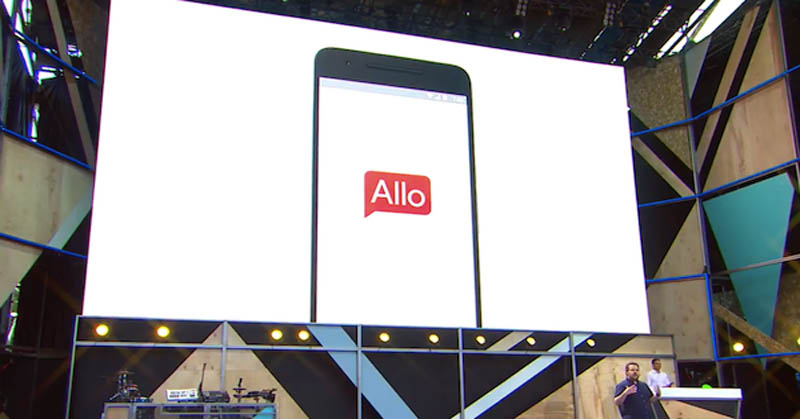
During their annual developer event, Google I/O, the superior search engine introduced the public to Duo and Allo, which have been …. In the market of instant messaging apps, compared alongside its rivals of WhatsApp and Facebook Messenger.
Google’s main dish, Allo, has raised the bar of virtual assistants and bots, which are going to revolutionize the way we interact online. The tool will learn how to talk-the-talk—it will be able to capable of human interaction without having to pinch their brain or move a finger.
Allo will protect messages using end-to-end encryption
If, for example, you are invited to go out to dinner, the app will not only suggest a phrase to help you accept the invitation, but that will also book the restaurant for you, if you want it to, AND the restaurant chosen will be in-line with your preferences. According to Google, Allo will do all of this without compromising our privacy and security. As with WhatsApp, Allo will include end-to-end encryption to protect our messages.
So what is the problem? The chat encryption… which has become an extremely controversial topic. The security measure in the app will not be enabled by default, it will only work after we have activated incognito mode.
Thai Duong is one of the Google engineers responsible for the chat’s development. He wrote about this on his blog, but soon after, he deleted the paragraph. He wrote, “if the incognito mode with end-to-end encryption and disappearing messages is so useful, why not use it by default in Allo?” Many of us are wondering the same thing, which is precisely the reason Duong decided to remove the post, which would have made him into a voice for change or activism.
“Google’s decision to disable end-to-end encryption by default in its new #Allo chat app is dangerous, and makes it unsafe”, said the ex-analyst on Twitter, bringing to the light the NSA’s dirty laundry. “Avoid it for now”, he warned his followers.
Google's decision to disable end-to-end encryption by default in its new #Allo chat app is dangerous, and makes it unsafe. Avoid it for now.
— Edward Snowden (@Snowden) May 19, 2016
Another privacy-defender, Christopher Soghoian, has also decided to voice his opinion against the decision that was taken by “Google’s legal teams and company” in order to avoid “upsetting the government”.
The post Good-bye Before H-Allo: Experts Don’t Approve of Google’s New Messaging App appeared first on Panda Security Mediacenter.
Source: Panda
